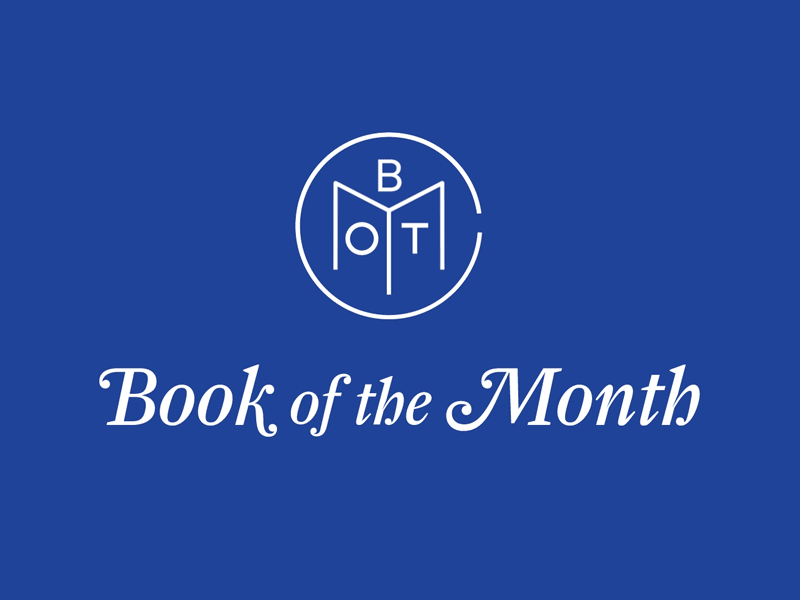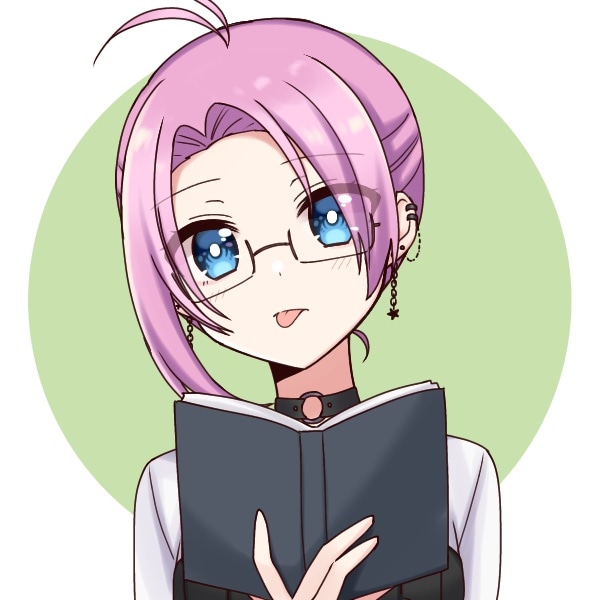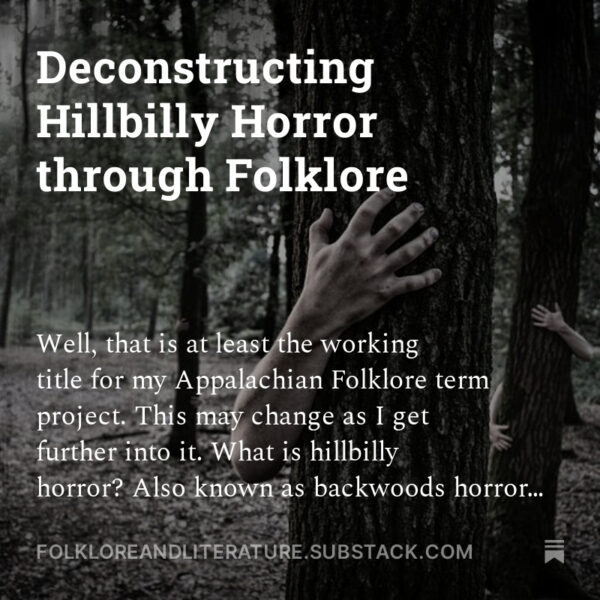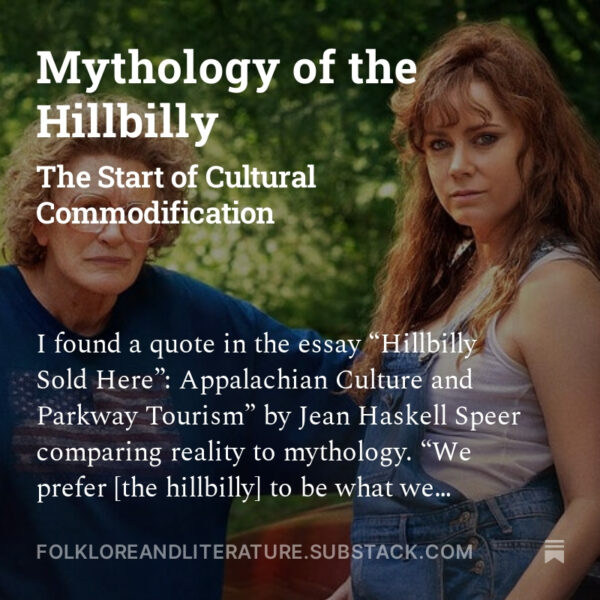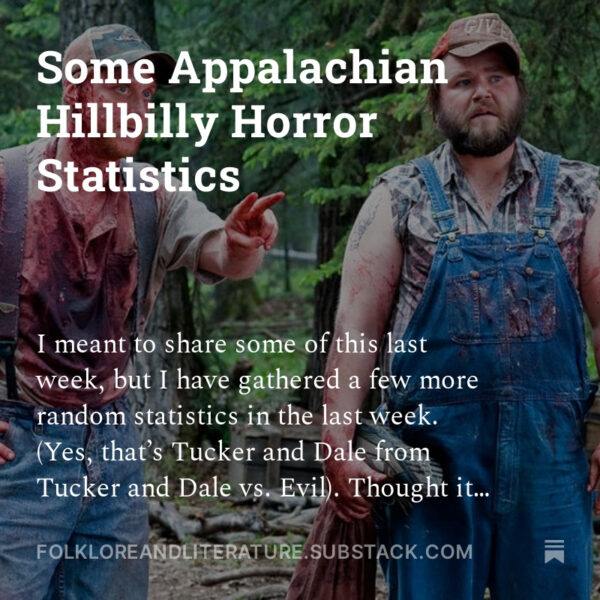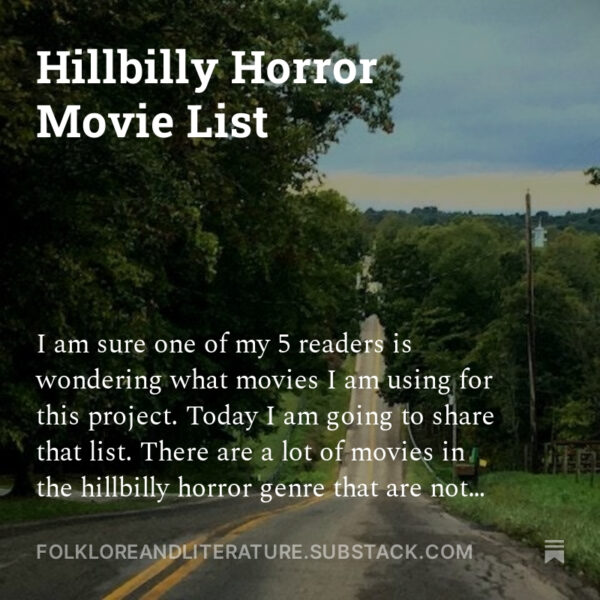Reading is so Precious People Hoard Books Apparently
Re: Reading is Precious opinion piece in The Guardian. I know, there are people who argue The Guardian is garbage but bare with me on this opinion piece. It was brought to my attention through social media. Take a couple minutes and read it then come back.
I’ll wait.
Read it? Good. We can continue.
I don’t know how I feel about this. I mean, I really don’t know how I feel. I don’t even feel confused or conflicted. Well, that’s not entirely true. This part fills me with a bit of horror:
…sometimes I even put them in the recycling. Only the really objectionable ones, that I feel I am saving the reader from by taking them out of circulation.
This is admitting to practicing censorship. Not everyone has the same beliefs or tastes in books. I mean, there are things we can all agree are bad, or most of us can agree are bad. Like racism and homophobia. One of my professors asked my thoughts on Twilight. My answer: “I read all the books in one weekend. While I want that weekend of my life back, I have a hard time saying anything about it because it got people reading books who wouldn’t necessarily be reading.”
I feel that way about all books. Even books I find problematic. Yes, I will silently judge you for reading them, or make a recommendation, but I am not going to attempt any form of censorship. From the standpoint of a scholar, we can learn something even from the problematic books. It is always good to expose yourself to both sides of something, or things you don’t agree with. It is educational and keeps you from living in an echo chamber. Echo chambers are bad. They teach you nothing.
About 10 years ago, my (divorced) parents moved house at around the same time, and gifted me a number of books about which they presumed I might feel sentimental, but which became a sort of albatross in my relationship. When I moved in with my husband, he had very few books, not because he is not a reader, but because he grew up in a Buddhist household, prefers an uncluttered environment and places little value on physical objects…why should he be forced to live any longer with my hoarding?
Is having bookshelves filled with books really hoarding? This is where I go into English major mode and discuss semantics and word meanings. Books on a bookshelf have order. Full bookshelves does not impact ones daily life. They are easy to access and use. Hoarding is the opposite of this. There is no order or organization. It impairs ones life. You can’t easily access something or use it.
This is book hoarding:

This is not:

And yes, I totally understand Buddhism and the idea that suffering is caused by attachment to objects. I also understand minimalism. I wish I was a minimalist. I’ve tried. I can turn anything into chaos. It’s my superpower.
I saw an internet discussion about a man who told a bookshop employee that he only owns one book at a time, buying a new one when he has read the last one and got rid of it.
Part of me wishes I had this kind of control. If I did, I would still check a dozen or more books out of the library at once just because then I wouldn’t have to go back every day. I really do go through books that fast most of the time, especially when I don’t have a stack of university homework eating all my spare time. I also can’t imagine getting rid of a favourite book. I have one book series I am on my third, or fourth copy of because of wear and tear and getting lost in moves. I return to these books every few years and reread them.
The poster shows a cat and bears the slogan: “THAT’S WHAT I DO, I READ BOOKS, I DRINK TEA AND I KNOW THINGS.”
Apologies if you own this poster, but to me it encapsulates everything that is smug and middle class about the cult of book ownership…I specifically mean having a lot of books and boasting about it, treating having a lot of books as a stand-in for your personality, or believing that simply owning a lot of books makes one “know things.”
I have something similar in bookmark form. It’s an ongoing joke for me because I am an English major. I read books, write papers, and know things. At the same time I like saying “But I’m just an English major, what the hell do I know?” It’s a stab at the family member who told me that majoring in English was a waste of time and money.
Again, I am going to go down the semantic road here because words mean things, and as a writer, the author of this piece should know that. The poster reads “I READ books and know things” not “I OWN books and know things.” Owning books and reading books are two different things, even if the author implies that they are one in the same. These words are not synonyms. personOne can own books and not read them. It’s what people do with aesthetic books (an interior decorating thing I will never understand). I own books for that I need for this semester that I haven’t read yet. I don’t know what is in them specifically. I have not yet read them yet to partake in the knowledge my professors hope they will impart upon me. Two different things, the owning and the reading of the books. Books do no one any good if they aren’t read.
But yes, collecting books has become a bit of a competition in the online book community. So has the number of books one has read in a year, and all kinds of other weird things because those things officially denote you as a “real book lover.” Whatever. It’s dumb. It’s the internet and communicating via internet and in person have different rules and language nuances. (I may have just uncovered a future folklore paper topic here.)
I grew up in a family where there were a lot of books on the shelves, though we couldn’t always afford new ones. I’ve never forgotten the privilege of that…Perhaps that’s why I find the idea of hoarding them rather sad – there’s even a Japanese word, tsundoku, for allowing books to pile up unread. Instead, I choose to donate mine to places where there are people who can most benefit from them, or leave them on the wall outside my house, where they always disappear.
I grew up in a house of non-readers. No one, other than my great-grandmother (who was an enabler) understood my love of books and reading. It was seen as a waste of time. Not sure what I was expected to do instead. I had one small bookcase that was eventually filled with books. The library was my friend. I borrowed books from my friends. When my parents divorced and we moved, I don’t know what became of my books. My mother moved our stuff while I was at school. My books never made it. At least I was in walking distance, for an ambitious undeterred person, to the library.
That is the first thing I have always done when moving somewhere new. The library is one of the first places I learn where it is at. It is right up there with the grocery store. I feel like book hoarders, I mean true book hoarders, don’t loan out their books to friends and family. I loan out my books. I also periodically go through my books and pull out those I didn’t care much for and put them in little free libraries for others who might appreciate them. I found a little free library once that was empty because people were taking books and not putting books back. I came home and went through my books and filled that little free library.
This idea, implying those who have chosen to have libraries are somehow privileged assholes with no other personality than “I have a lot of books” is actually quite offensive. Yes, being able to buy books is a privilege, especially considering the cost of them. However, there are used bookstores, thrift stores, and overstock stores where books can be bought on the cheap, and I mean less than $5 for a hardback book that normally goes for $25 or more. There are also little free libraries where you can get books for free. There are ways to amass a ton of books without spending a small fortune. My library sells used books and on Fridays it’s $1 per bag of books. I get where they are coming from but the author of this article needs to stop being so assuming and judgmental of people who like having bookshelves full of books.










